Following a Supreme Court ruling affecting the criminalization of outdoor camping, California’s Governor issued a July executive order to push local governments to deal with their homeless issue.
Now, as the San Francisco mayoral election hots up and homelessness remains on the political agenda, the candidates float policy ideas and Newsom has signed 2 new laws.
California Homelessness Issue
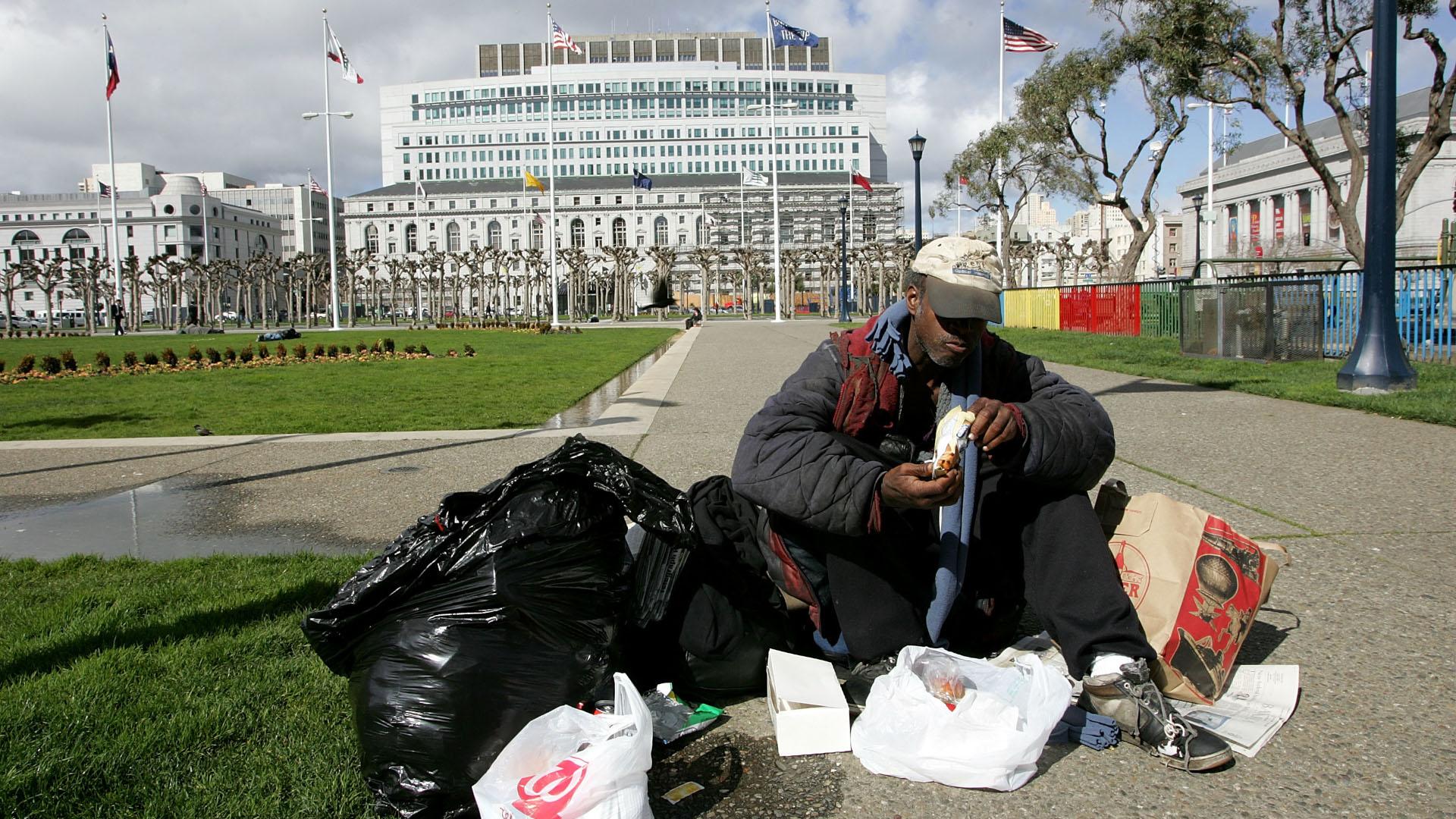
California continue to struggle to deal with homelessness; the state currently contains more than a 3rd of the country’s homeless population.
And the problem has worsened, with the 2023 population of 180,000 a 6% rise on the previous year.
Newsom Executive Order

In response to a Supreme Court ruling, California’s governor, Gavin Newsom ordered an executive order on homelessness, supporting the criminalization of outdoor camping.
Unable to directly determine local policies, he threatened to withdraw funding in an attempt to force compliance.
San Francisco Response

San Francisco is currently in the run-up to a November mayoral election, and homelessness has become a hot-button issue.
London Breed, the current incumbent, has offered free bus rides out of town and begun clearing encampments.
Travelling Homeless
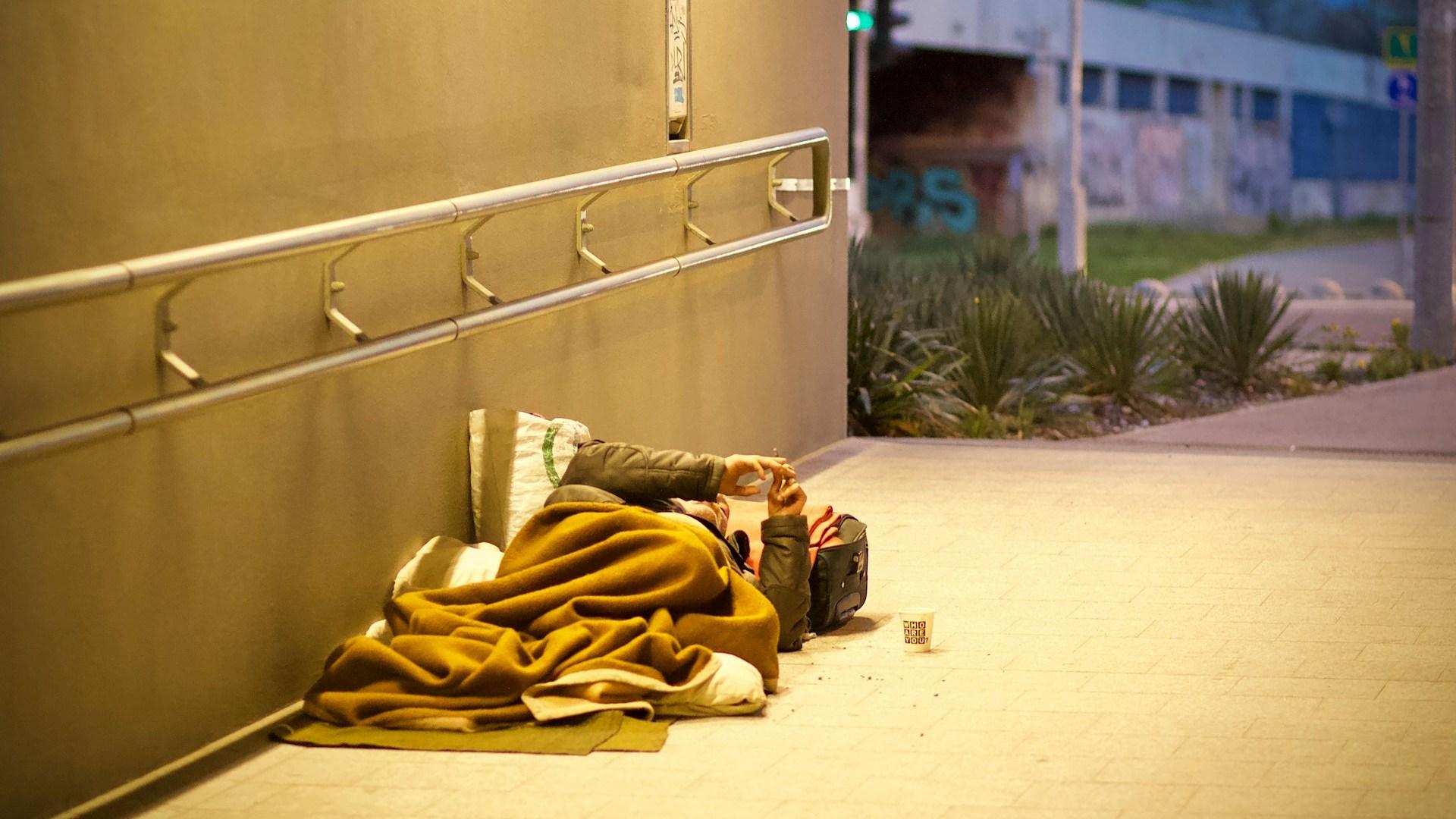
San Francisco has a unique aspect to its homelessness issue, in that a large minority of their homeless population have travelled.
Statistics from Point-In-Time released this year found that the homeless population was 40% made up of people who had travelled in from outside the city.
Shelter and Police
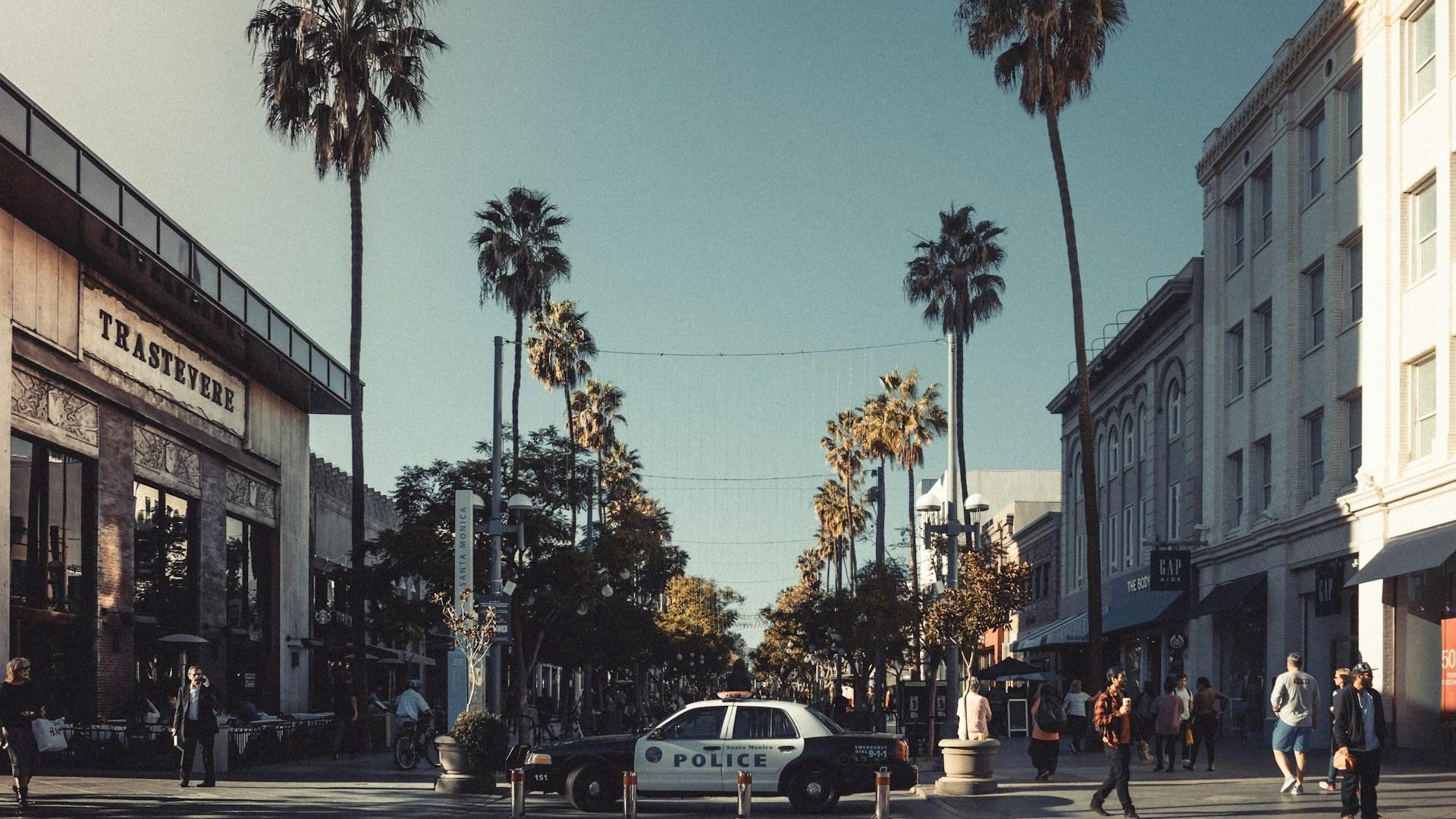
Other candidates for the mayorship of San Francisco, Daniel Lurie and Mark Farrell have echoed sentiments about ending public camping.
Lurie also promised to build 1500 shelter beds, while Farrell wants to increase police enforcement in certain areas of the city.
Concealing the Issue
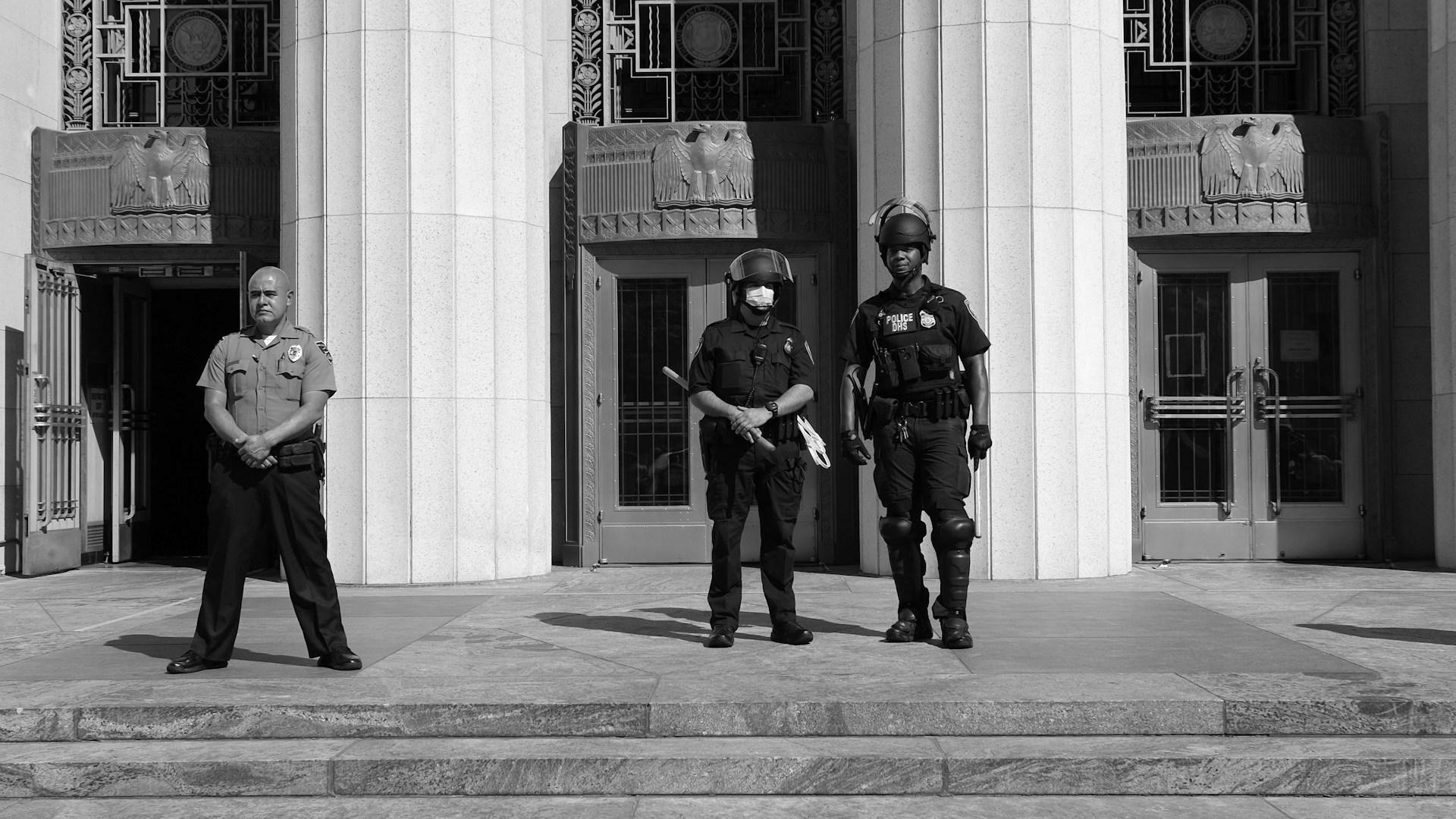
Since the executive order, others, such as LA Mayor Karen Bass have been more critical of the stronger stances taken on the homeless issue.
Bass says that local governments can not “arrest their way out of this problem or hide the homelessness crisis in neighboring cities or in jail”.
Nowhere to Go
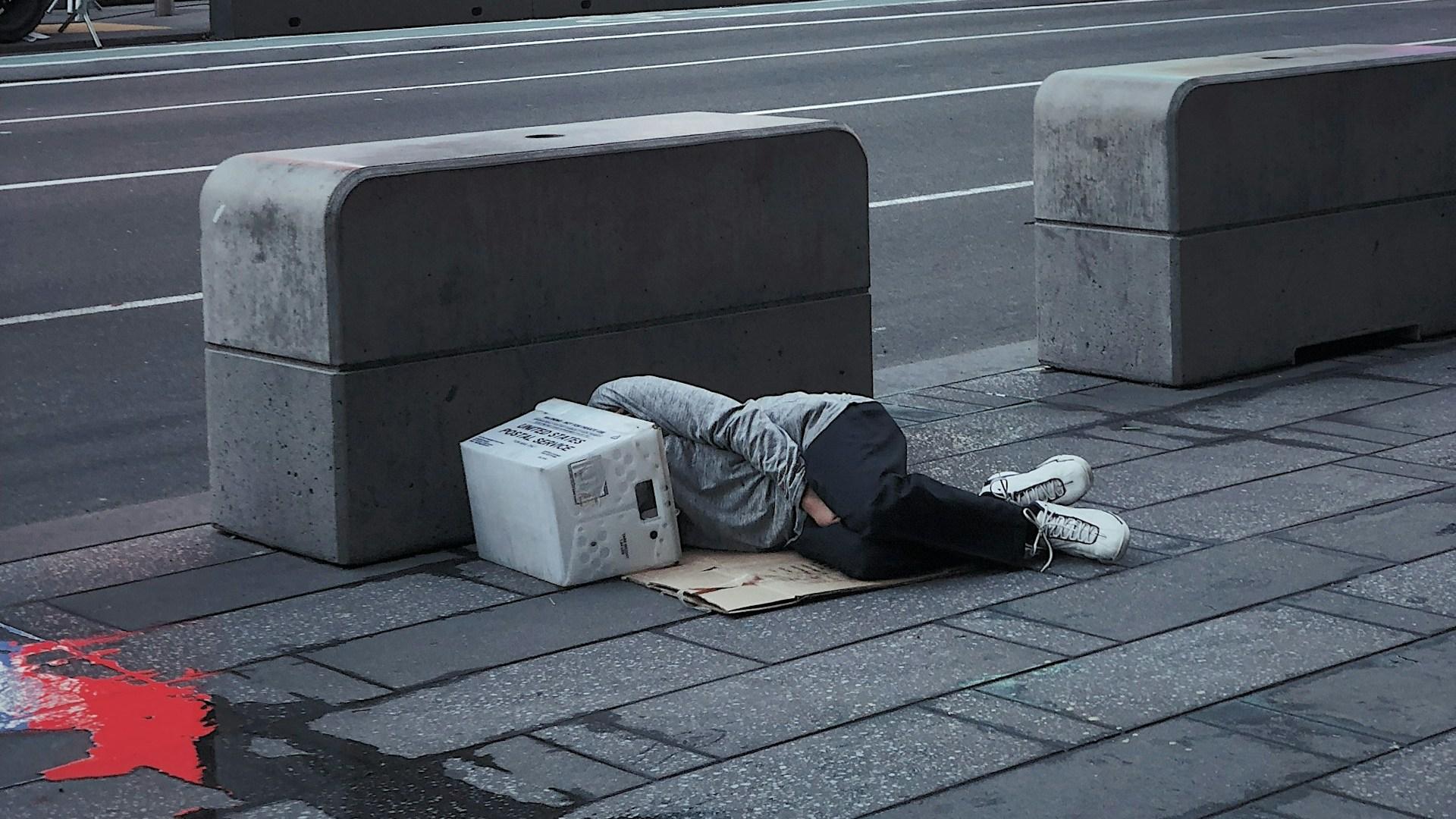
Jennifer Friedenbach, of San Francisco’s Coalition on Homelessness, was also critical of recent moves.
She says that the homeless “literally have nowhere to go so when these operations happen, the [sweeps] typically exacerbate homelessness and make it worse.”
Costs to the Economy
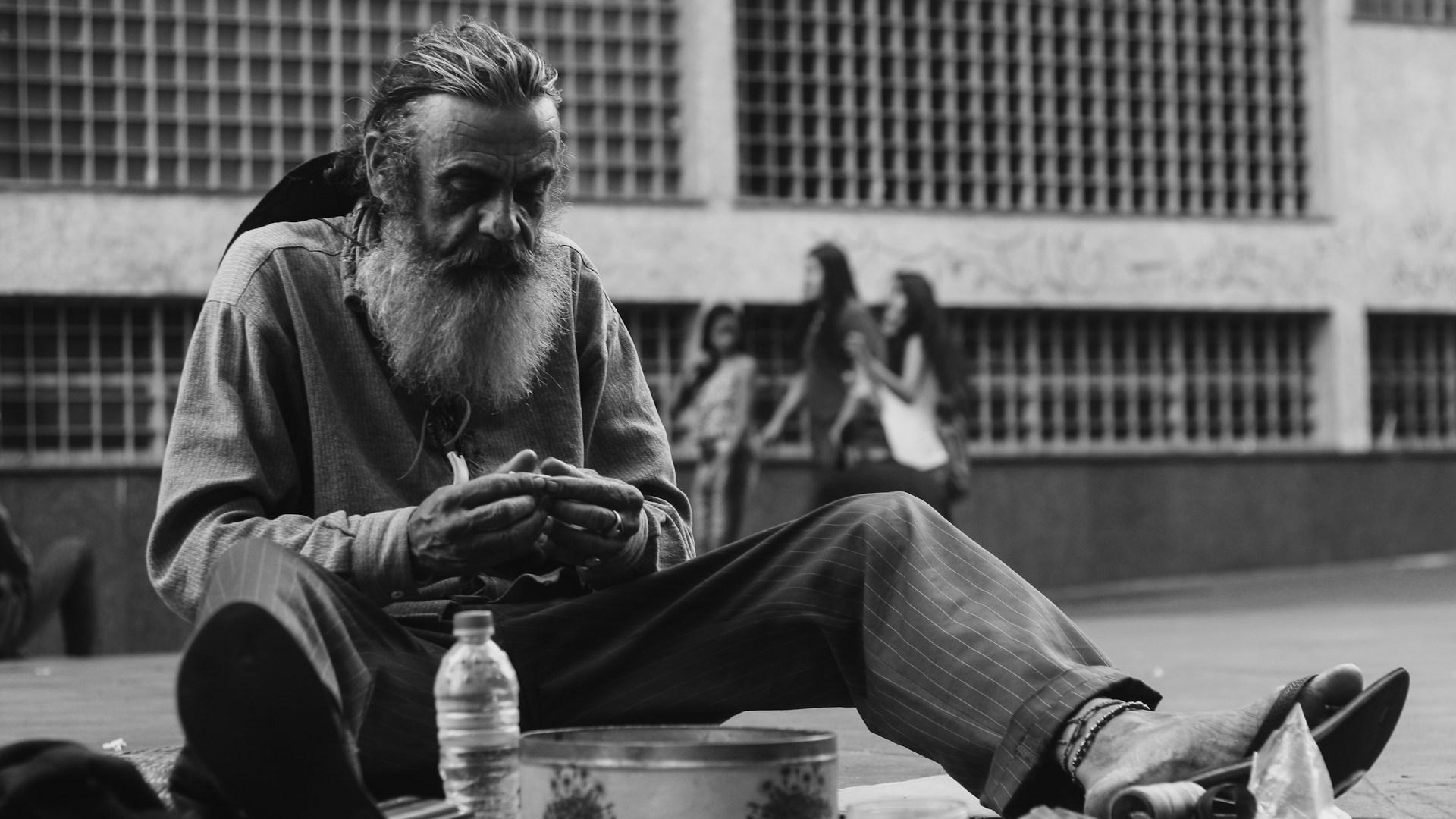
Bass also said that criminalization action “is more expensive for taxpayers than actually solving the problem,” and statistics from The National Alliance to End Homelessness back this up.
They found that a homeless person costs $35,578 to the taxpayer each year, and this can be halved by providing supportive housing.
New Laws From Newsom
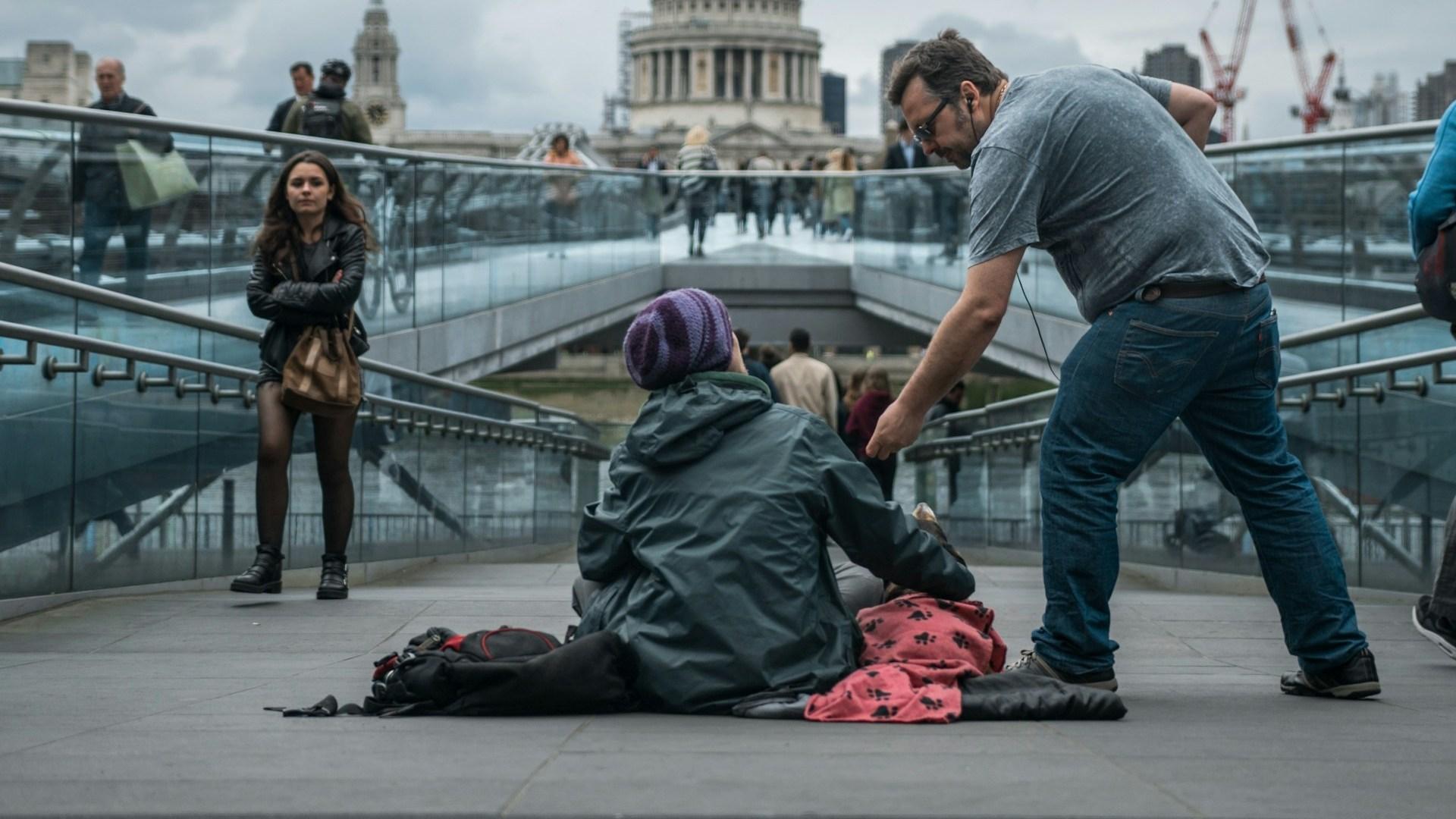
2 new laws being introduced by Newsom’s office may help to cut down on this tax burden by supporting localities to provide temporary accommodation.
The 1st law makes it easier to provide long-term stays in hotels and motels for the unhoused, and the 2nd allows local governments to fast-track junior dwelling unit construction.

